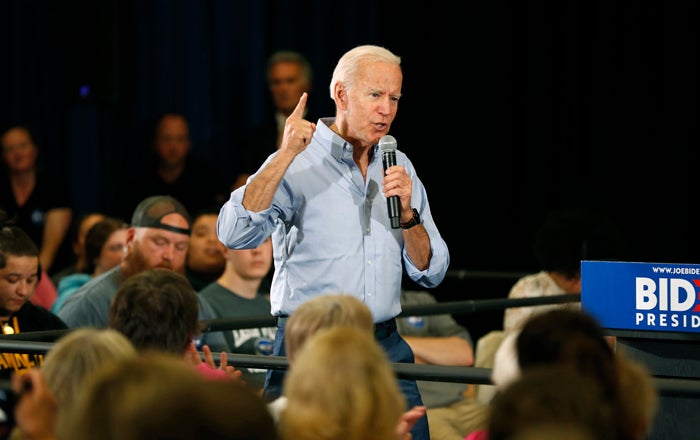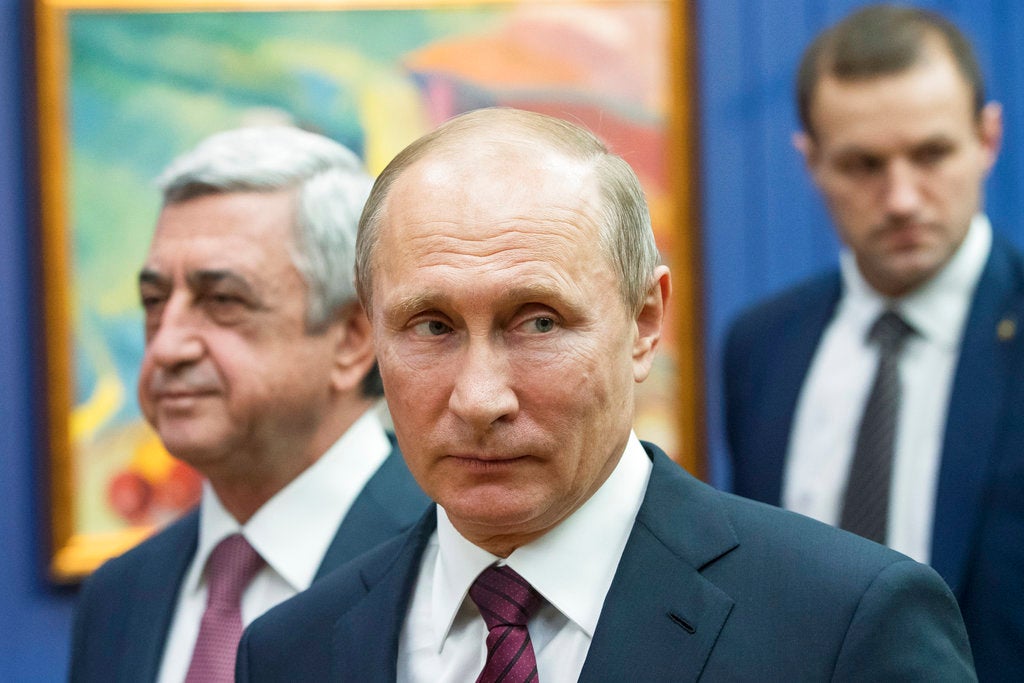Face to face: Biden, Putin set June summit
Published 12:00 am Wednesday, May 26, 2021
By Aamer Madhani, Jonathan Lemire and Jamey Keaten
Associated Press
WASHINGTON — President Joe Biden and Russia’s Vladimir Putin agreed Tuesday to meet next month in Geneva, a face-to-face encounter the White House hopes will help bring some predictability to a fraught relationship that’s only worsened in the first months of the Democratic administration.
The June 16 summit is being tacked on to the end of Biden’s first international trip as president: He’ll also visit Britain for a meeting of Group of Seven world leaders and attend a NATO summit in Brussels.
The agenda is expected to include discussion of Russian action in neighboring Ukraine, this week’s forced diversion of a Lithuania-bound flight by Russian-ally Belarus, efforts by both nations to stem the coronavirus pandemic and more. White House press secretary Jen Psaki said no preconditions were set for the meeting.
The White House is setting low expectations for the meeting. It isn’t expected to lead to any major breakthroughs — let alone the sort of reset of U.S.-Russian relations pursued by Biden’s old boss, Barack Obama, or the curious bonhomie of the Donald Trump-Putin relationship.
Instead, officials say Biden — who as a candidate and early in his presidency has warned that he expects the relationship to remain complicated —- is looking to find some common ground with his adversary on the path forward.
The Kremlin, for its part, said the presidents will discuss “the current state and prospects of Russian-U.S. relations, strategic stability issues and the acute problems on the international agenda, including interaction in dealing with the coronavirus pandemic and settlement of regional conflicts.”
Biden first proposed the summit in a call with Putin in April as his administration prepared to levy a second round of sanctions against Russian officials during his young presidency. And the U.S. levied more sanctions last week on Russian companies and ships for their work on a European natural gas pipeline called Nord Stream 2. U.S. officials say the pipeline threatens European energy security.





